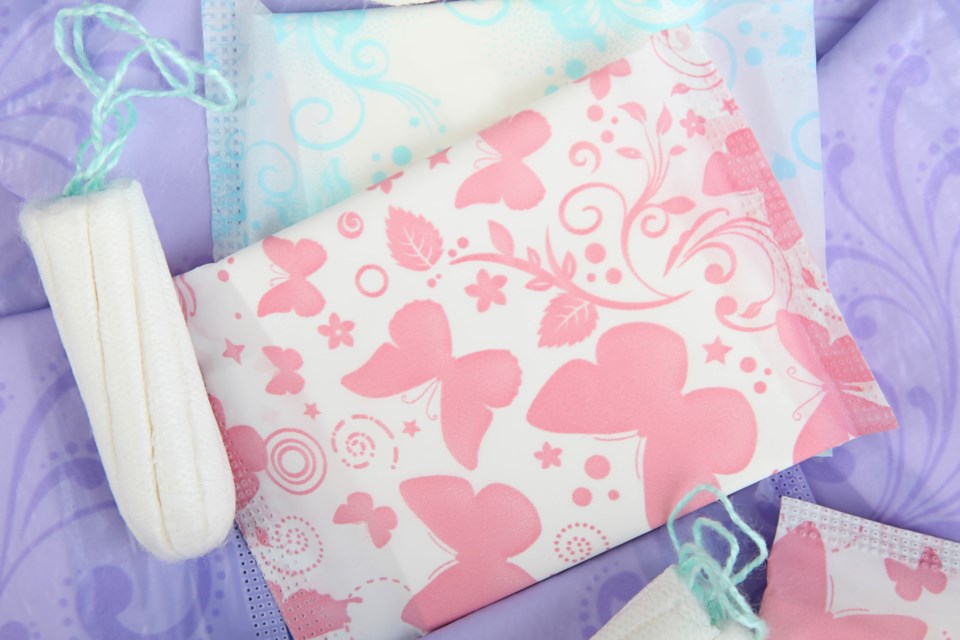Waterloo-based enterprise, Changing The Flow, is bringing attention to menstrual equity, or having access to period products and ways to manage menstruation, throughout Waterloo Region, and is pushing for schools and workplaces to provide free period products.
The organization conducted an online survey in December to understand people’s awareness and attitudes toward menstruation and identify actionable steps for the region to take.
Data collected from 238 people living or working in Waterloo Region found that 26 per cent of respondents have struggled to afford period products, while 95 per cent have had to use a substitute in place of a period product because of inaccessibility - not just financial barriers.
The study suggests that it is common to be caught off guard by menstruation in public places. In fact, they found that 85 to 96 per cent of respondents have been caught off guard by their period, whether at school, at work, or in public.
The majority of respondents agreed that public spaces, schools, and workplaces should provide access to period products.
“Although menstruation has been a typically hidden experience thanks to the shame and stigma that society places on the individual, this is not an excuse to not develop further,” the report reads. “Waterloo Region has the opportunity to champion menstrual equity and be celebrated for its inclusion.”
Researchers suggest next steps begin with all school boards in the region providing access to free period products, and that higher education institutions and workplaces need to provide free access in high trafficked and employee facilities, respectively.
“Municipalities, business owners, anyone with a publicly accessed washroom must consider whether they are actually making spaces accessible to everyone.”



